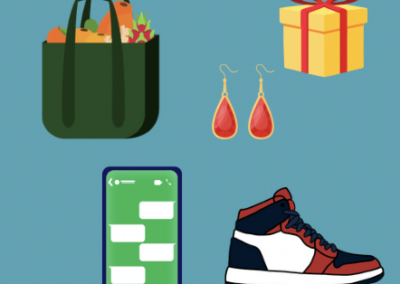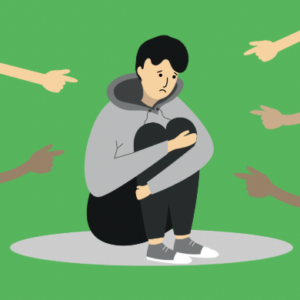IACTjoven
LEARN
IDENTIFY RISK
GET HELP
LEARN
What is trafficking in persons?
In Costa Rica, a person is a victim of trafficking when they are
and then exploited to benefit someone else.
This might be jobs they are forced to do, sexual activities, or committing crimes such as selling drugs. Sometimes a trafficker threatens or harms the victim to force them to do these things. In other cases, traffickers trick, persuade or manipulate victims by treating them with affection or feigning love.
Sometimes traffickers are strangers or someone you have just met. Traffickers can also be someone you know, even someone you trust or love. A trafficker might be a family member, a neighbor, a friend, someone you met online, or even the person you think is your boyfriend or girlfriend.
Trafficking victims can:
-
Be girls, boys, men or women
-
Be if any age
-
Come from Costa Rica or from another country
-
Be with or without identification documents
-
Live with anyone – family or relatives, friends, on their own, or with persons who are exploiting or taking advantage of them
-
Live anywhere, whether in their own home, someone else’s home, on the street, or somewhere else
-
Be doing something illegal (such as being in a gang or selling drugs) and still be victims of the crime of trafficking
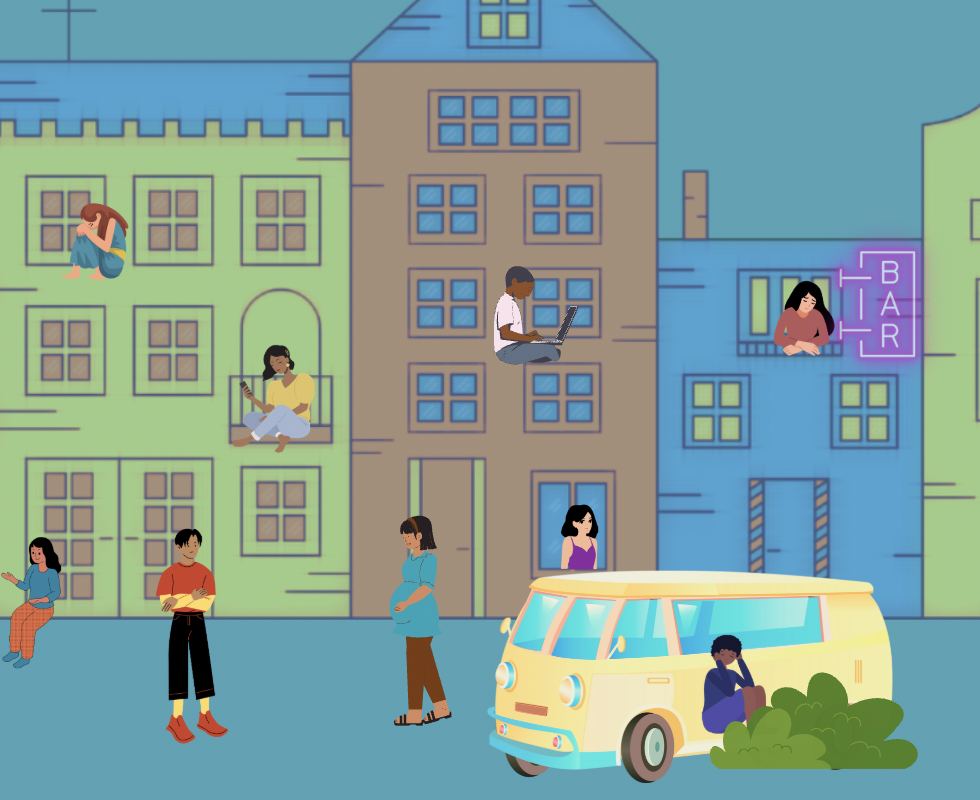
Trafficking doesn’t always look the same. In Costa Rica, traffickers exploit their victims for many different purposes. This includes:
-
Trafficking for sexual exploitation
-
Trafficking for labor exploitation, including illicit activities
-
Forced begging
-
Servile or forced marriage
-
Servitude
-
Slavery or similar practices
-
Forced pregnancy and/or abortion
-
Irregular adoption
-
Organ removal
According to the law in Costa Rica, trafficking for sexual exploitation occurs when a person is persuaded, pressured, manipulated, deceived or forced to have sex or engage in sex-related activities to benefit another person. This form of trafficking can happen in person or online (such as through social media).
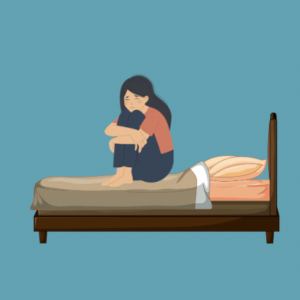
It is not necessary for money to be exchanged for sexual exploitation to occur. The exchange can be gifts, drugs, alcohol, a place to stay, food or advantages such as status, affection or protection in exchange for sex or any activity of a sexual nature.
In Costa Rica, some adults initiate sexual relationships with adolescents. These are “improper relationships” and are against the law. These types of relationships can lead to trafficking for sexual exploitation because the adult is able to manipulate or control the adolescent. The law is clear:
If you are age 17...
If you are in a sexual relationship with an adult who is age 24 or older, the adult is committing a crime. Being in this kind of relationship is not your fault. You deserve to be safe, protected, and supported.
If you are age 16...
If you are in a sexual relationship with an adult who is age 23 or older, the adult is committing a crime. Being in this kind of relationship is not your fault. You deserve to be safe, protected, and supported.
If you are age 15...
If you are in a sexual relationship with an adult who is age 20 or older, the adult is committing a crime. Being in this kind of relationship is not your fault. You deserve to be safe, protected, and supported.
If you are age 14...
If you are in a sexual relationship with an adult who is age 19 or older, the adult is committing a crime. Being in this kind of relationship is not your fault. You deserve to be safe, protected, and supported.
If you are age 13...
If you are in a sexual relationship with an adult who is age 18 or older, the adult is committing a crime. Being in this kind of relationship is not your fault. You deserve to be safe, protected, and supported.
If you are age 12 or younger...
It is against the law for any person to engage in a sexual relationship with you. This is considered to be rape and that person is committing a crime. Rape is never your fault. You deserve to be safe, protected, and supported.
According to the law in Costa Rica, trafficking for labor exploitation occurs when a person is persuaded, pressured, manipulated, deceived or forced to work. They may also be tricked into accepting a job that isn’t what they thought. This form of trafficking can also include victims who are pressured or forced to sell drugs or do other illicit activities.
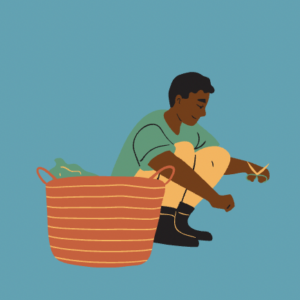
Sometimes victims of trafficking for labor exploitation receive some payment, although often less than what they were promised. Some victims are told that they have a debt to the employer that they need to pay off and so payment is withheld.
This form of trafficking can happen in a lot of places, in agriculture fields, in restaurants, on the street, or even inside someone’s home. Trafficking for labor exploitation can also mean being forced to sell drugs or do other illegal things.
According to the law in Costa Rica, trafficking for servile or forced marriage occurs when a person is persuaded, pressured, manipulated, deceived or forced into a marriage. This form of trafficking can occur even if a marriage is not legal. If an adult tricks or forces someone to live with them, act like they are in a relationship, or do things like cook, clean, or have sex, this could be trafficking for servile or forced marriage.

In Costa Rica, the legal age to be married is age 18. Some adults initiate sexual relationships with adolescents. These are “improper relationships” and are against the law. These types of relationships can lead to trafficking for servile or forced marriage because the adult is able to manipulate or control the adolescent.
According to the law in Costa Rica, trafficking for forced begging occurs when a person is persuaded, pressured, manipulated, deceived or forced to beg or sell small items. This usually occurs on the street or in public areas.
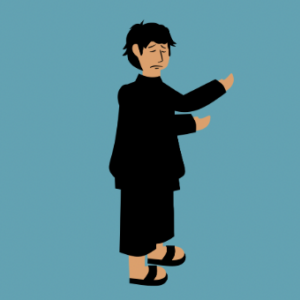
These are some of the most common forms of trafficking in persons in Costa Rica. Men, women, girls and boys are commonly exploited in these ways. All forms of trafficking in persons are against the law. Trafficking in persons is never the victim’s fault. If you or someone you know might be a trafficking victim, help is available.
HOME
LEARN
IDENTIFY RISK
GET HELP

© 2025 Warnath Group, LLC ![]() . All Rights Reserved.
. All Rights Reserved.
The development of this website was funded through a cooperative agreement with the U.S. Department of State. The opinions, findings, and conclusions stated herein are those of the developers and do not necessarily reflect those of the U.S. Department of State.



